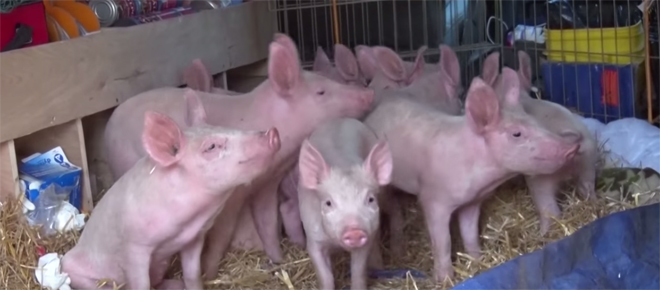Mark L. Winston is recognized as one of the world’s leading experts on bees and pollination.
His latest book, based on a life’s devotion, to the study of bees, is a study of bees as a lyrical meditation on humantiy.
In Lessons from the Hive,, Winston tells readers to think about the systems we are using, the chemically reliant industrial agricultural systems that dump pesticides, fungicides and herbicides into our ecosystems, combining to have synergistic effects that are toxic to life.
He called for beekeepers to gather themselves, make a stand against use of these synthetic chemicals within the beekeeping community, and ally with other interest groups to speak up for policy change.
That’s exactly what Hive for Humanity, a group helping at-risk communities in Vancouver is doing with the art of beekeeping. Through encouraging people to work with them to create a supportive network around the bee yard, volunteers have been seeking to enhance community through therapeutic apiaries.
Their motto:
we believe that we are all seeking connection, to nature and to each other.
Beekeeping, and the culture that surrounds the hive, has incredibly therapeutic capacity, regardless of socio-economic status or background, if practiced with that intent.




